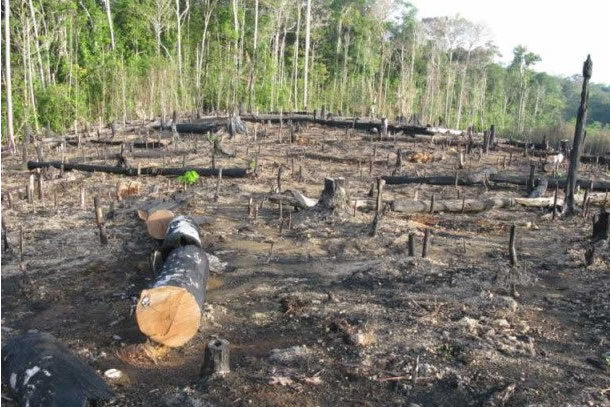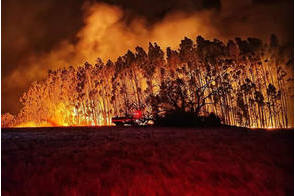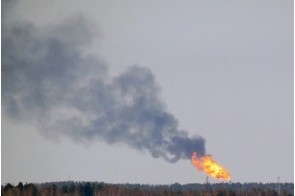Group advocates for progress on UN-REDD programme in Nigeria

Summary
The UN-REDD programme assists countries to develop the capacities needed to meet the requirements for carbon offsets, and qualify to receive payments for reducing emissions.
Civil society groups in Nigeria under the umbrella of Climate and Sustainable Development Network (CSDevNet) have indicated their commitment to push for progress on Reducing Emission from Deforestation and Degraded Forests (REDD+) programme in the country. The groups also seek the achievement of Nigeria's targets for the UN-REDD programme, a collaborative initiative of the United Nations on REDD+.
According to the UN, deforestation and forest degradation account for approximately 17 percent of carbon emissions, which cause global warming. Nigeria is reportedly emitting 320 million tonnes of carbon dioxide per year, the second largest emitter of Co2 in Africa after South Africa. The country has lost more than 50 percent of its forest cover between 1990 and 2010 – the highest deforestation rate in the world.
REDD+ is a climate change mitigation solution developed by the parties to the United Nations Framework Convention on Climate Change (UNFCCC). It provides incentives for developing countries to reduce emissions by investing in landscape restoration and reforestation projects. The UN-REDD programme assists countries to develop the capacities needed to meet the UNFCCC's requirements for carbon offsets. Countries that meet those requirements are qualified to receive payments under the convention.
Although UN-REDD was launched in 2008 with the technical expertise of the Food and Agriculture Organization of the United Nations (FAO), the United Nations Development Programme (UNDP) and the United Nations Environment Programme (UNEP), the UN-REDD Nigeria Programme Steering Committee (PSC) was established in 2013 to lead the REDD+ strategy of the country.
During a visit on Tuesday to the Nigeria’s REDD+ office in Abuja, CSDevNet indicated their readiness to work with the government to achieve Nigeria’s UN-REDD targets. According to Ibrahim Choji, Chair of CSDevNet, the network also pushed for increased capacity of forest-dependent communities to engage in the UN-REDD process.
Moses Ama, Nigeria REDD+ Programme Coordinator, assured the CSDevNet’s team of his secretariat’s support for the effective implementation of the programme. He cited the readiness of Ekuri, a forest-dependent community in Cross River State that is already considered as a forerunner in the REDD+ process.
The REDD+ includes the following pillars: (1) reduction of deforestation; (2) reduction of forest degradation; (3) forest conservation; (4) sustainable management of forest, and (5) enhancement of forest carbon stocks. As one of the tools developed to fight climate change, experts say developing REDD+ projects in Nigeria will bring a lot of environmental benefits for the country and the entire African continent. REDD+ projects are also the key to tackling Nigiria's deforestation problem.
Related
-
2020 ties for warmest year on record, says NASA
Two separate events changed the amount of sunlight reaching the earth’s surface last year.
-
Taking Nigeria’s green transition beyond policy to action
Nearly one year after the federal government enacted the Climate Change Act in November 2021, the pilot carbon budget has ...
-
UN calls for urgent action to limit climate change catastrophe
A new report has called for unprecedented and urgent action within the next 12 years to limit global warming.










